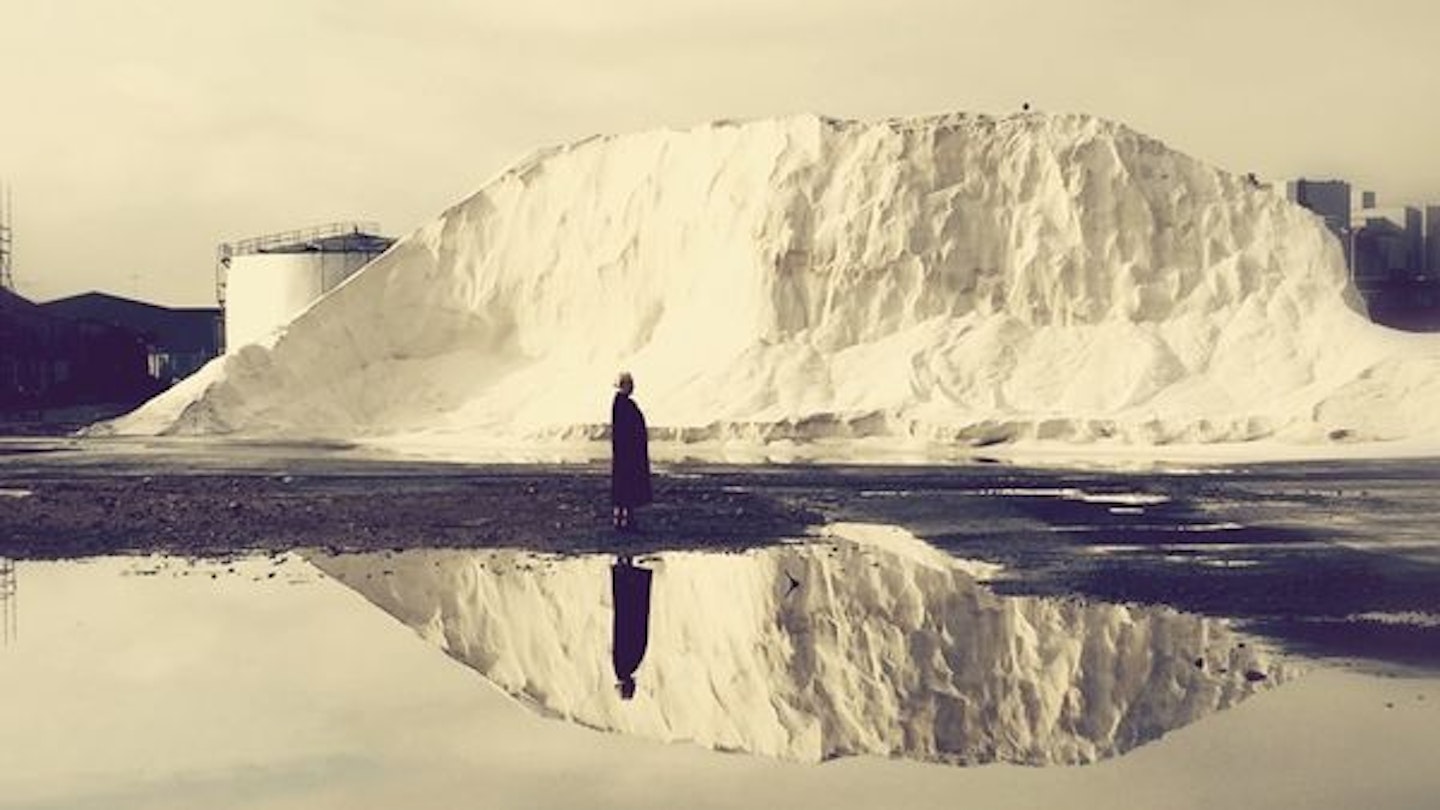The film essay is notoriously difficult to do well, as this intimate form can become so self-indulgent that it risks lapsing into Selfie Cinema. The prolific Mark Cousins is usually front and centre in his idiosyncratic musings, but he takes a sideways step in this paean to his hometown to allow Helena Bereen to assume the persona of a 10,000 year-old spirit who is keen to show that there is more to Belfast than sectarian hatred. Such is Cousins’s distinctive way with words that it’s possible to hear his sing-song brogue in her reflections. But, while it has its typically pretentious moments, this exile’s song is often poetic, perceptive and poignant.
It has its pretentious moments but this exile’s song is often poetic, perceptive and poignant.
Inevitably, much talk revolves around The Titanic and The Troubles, as Cousins and Bereen banter about the salt and sweet aspects of the civic character that calcified into Catholic and Protestant intransigence. Swearing like troopers, old dears Rosie McKee and Maud Bell demonstrate that it is possible to rub along regardless of creed. But murals, like the one commemorating such atrocities as the bombing of McGurk’s Bar, barely cover the scars caused by decades of division and conflict. Cousins imagines how things might change after the funeral of the last bigot, but this clumsily staged piece of street theatre proves less effective than the astute mix of painterly vistas, archive footage and old movie clips that align this lilting city sonata with the quirky works of Patrick Keiller and Andrew Kötting, rather than Dziga Vertov.
The blend of Christopher Doyle’s often-sublime digital imagery and composer David Holmes’s evocative soundscape, also gives this optimistic treatise the feel of an old British Transport travelogue. But the voiceover occasionally strays into purple platitude and lacks the profundity or playfulness one might expect from Guy Maddin or Grant Gee.
